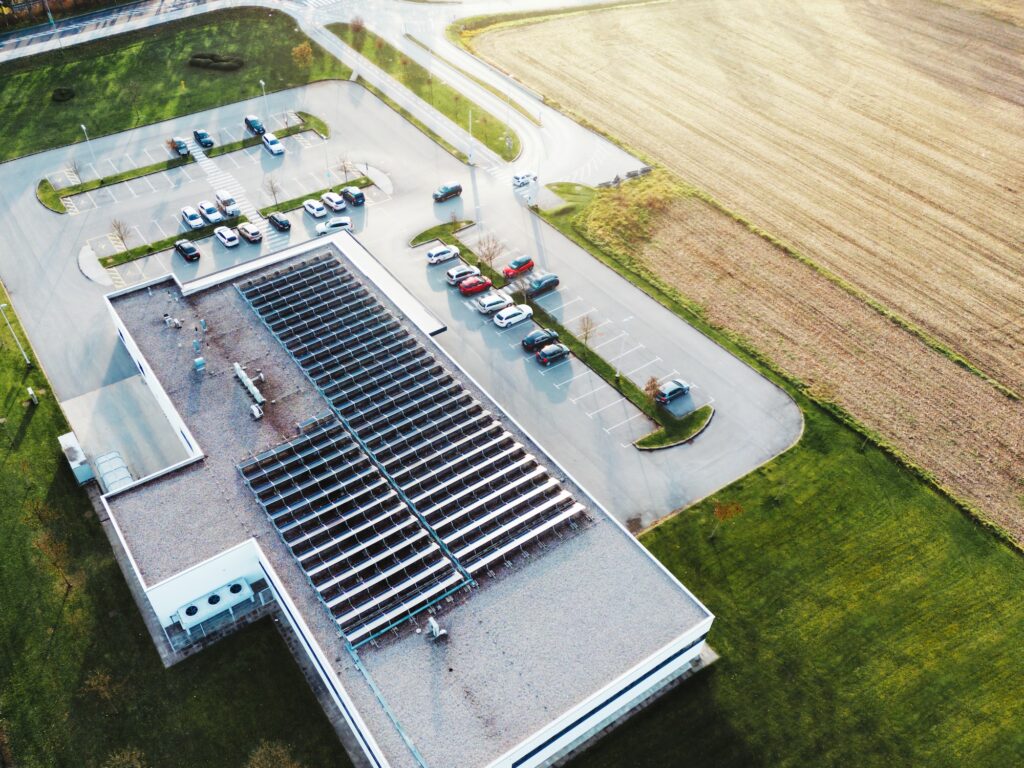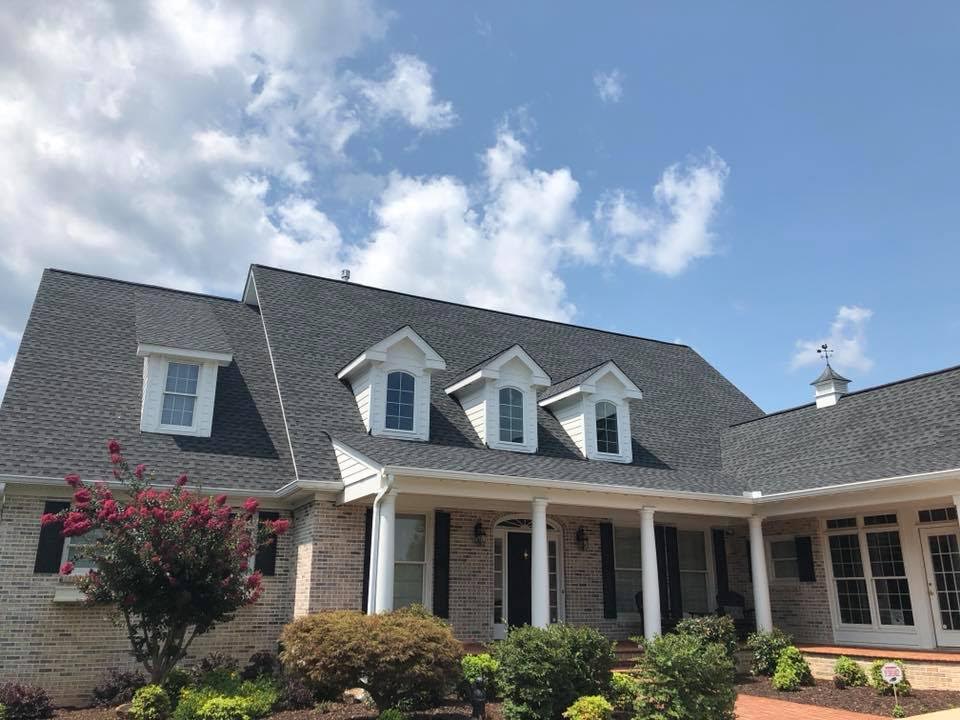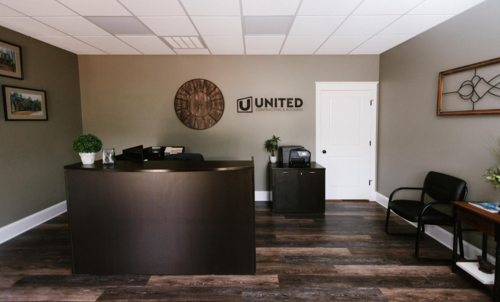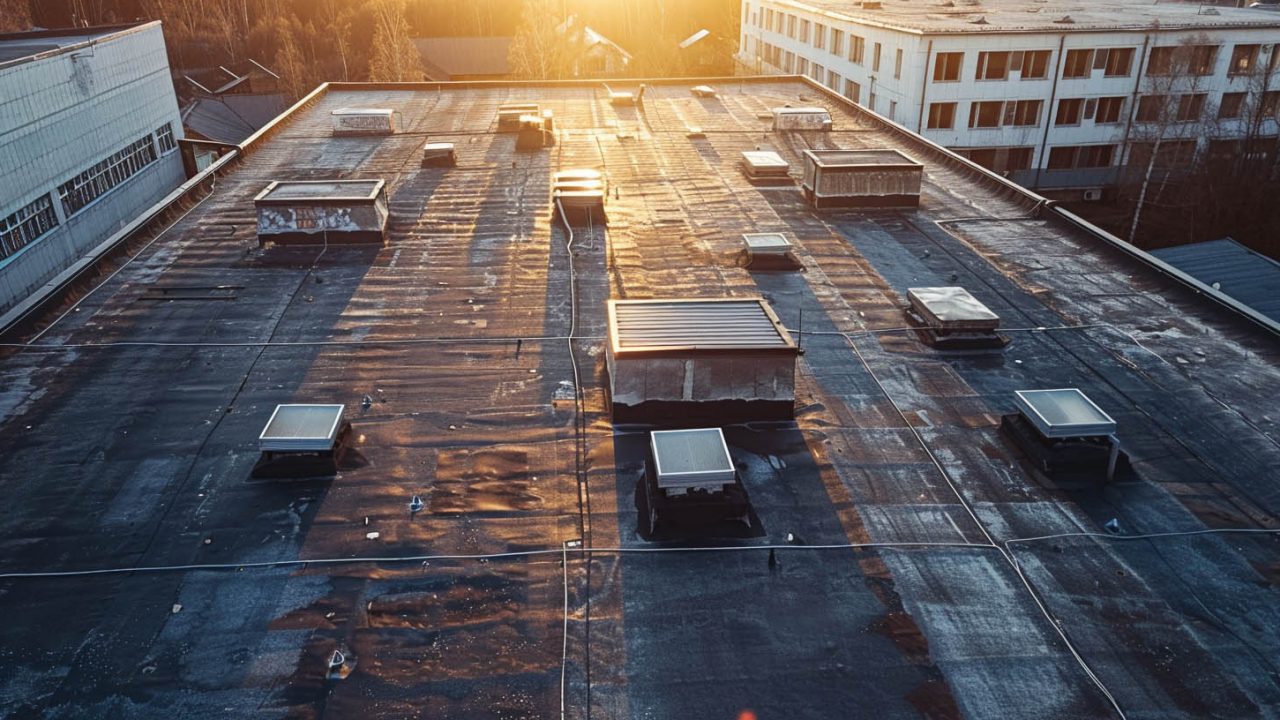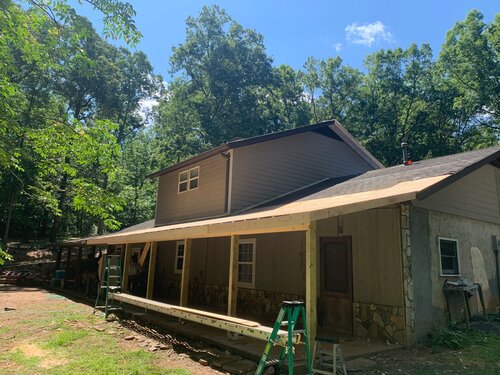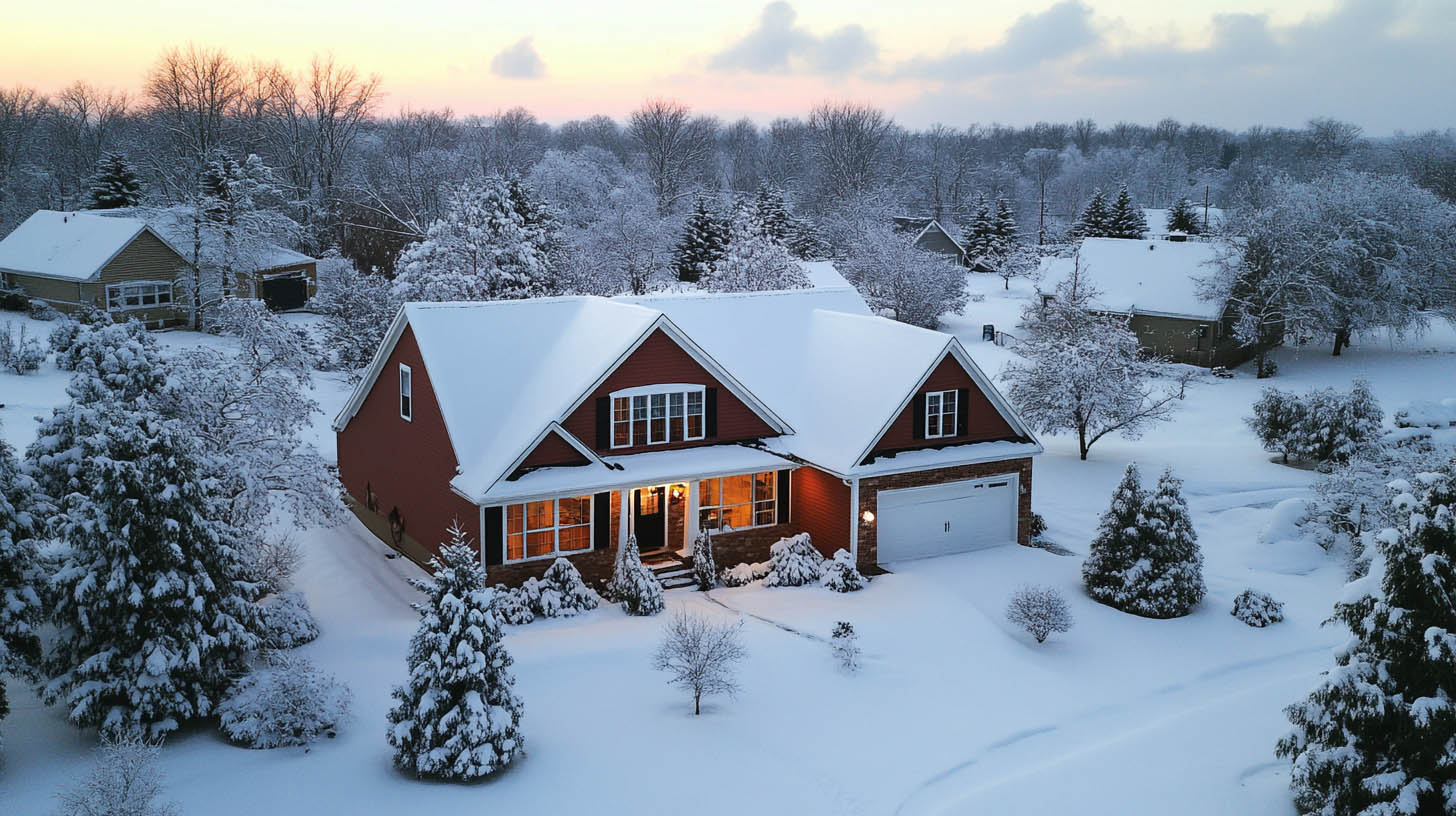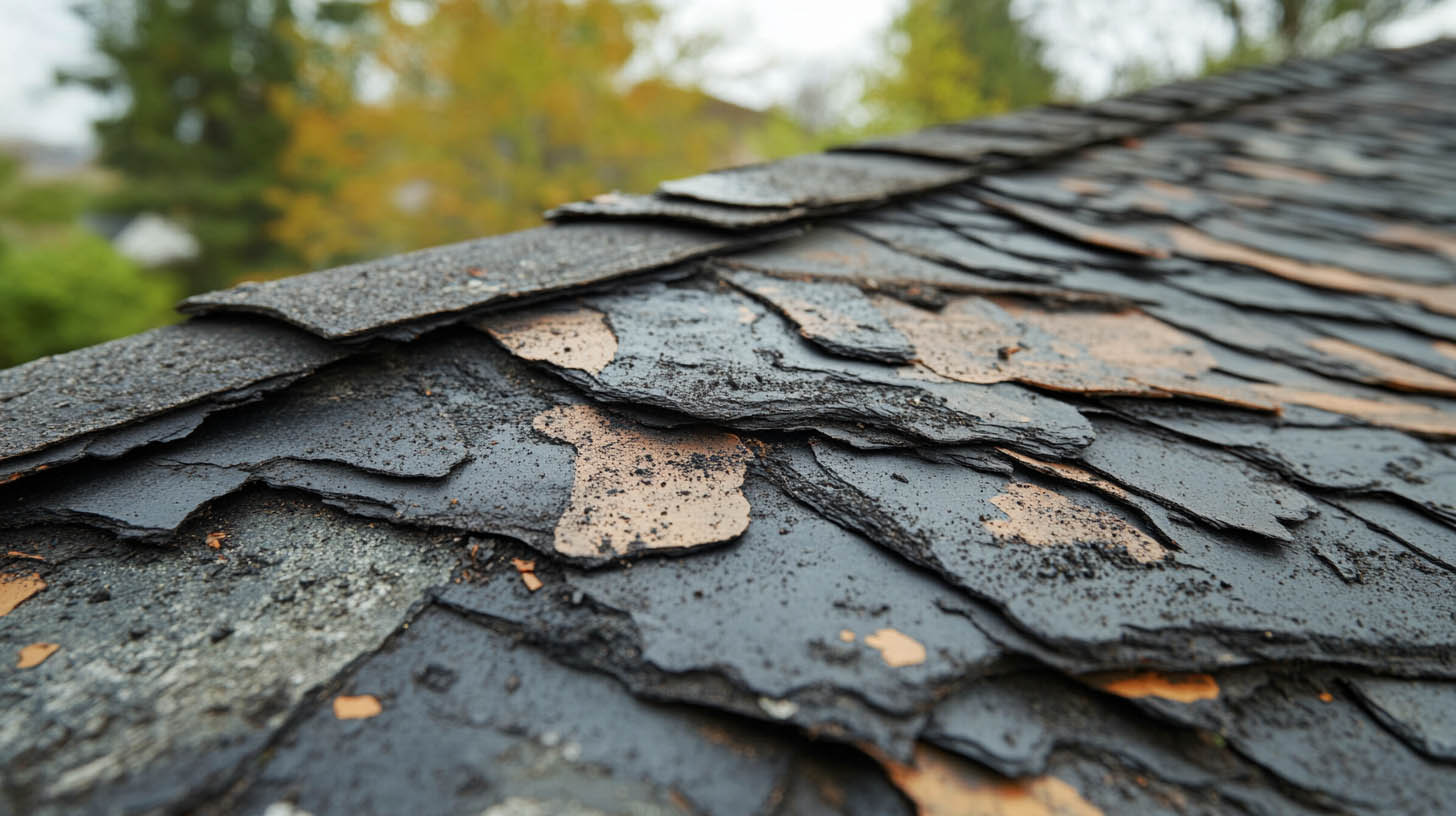For commercial or industrial facilities, maintaining the roofing system is crucial for protecting the building and its contents. At United Contracting & Roofing LLC in Greenville, SC, we understand the importance of deciding between repairing and replacing your commercial roof. Here’s a comprehensive guide to help you determine the best course of action for your roofing needs.
Understanding Your Roof’s Composition
Types of Commercial Roofing Systems
Commercial and industrial facilities typically have flat roofing systems, which include:
- Membrane Roofing: TPO, EPDM, and PVC membranes are common for their waterproofing abilities.
- Built-Up Roofing (BUR): Consists of multiple layers of asphalt and ply sheets.
- Modified Bitumen (Mod Bit): A hybrid of BUR, reinforced for added durability.
The material and composition of your roof influence its lifespan, maintenance needs, and when it may require repairs or replacement. Regular maintenance and understanding your roof’s material are key to optimizing its longevity.
Commercial Roof Repairs
Routine Maintenance and Repairs
Repairs are inevitable for any roofing system. Common repair needs include:
- Patch Repairs: Fixing small areas of damage.
- Roof Coating: Applying protective coatings to extend the roof’s life.
- Re-sealing Flashing: Ensuring watertight seals around roof penetrations.
- Cleaning Downspouts: Preventing blockages that can cause water damage.
A twice-annual roof tune-up is recommended to catch and address issues early. An ongoing preventative maintenance plan with your roofing contractor ensures continuous care and attention, helping to prolong the roof’s life.
Commercial Roof Replacement
When Replacement is Necessary
The lifecycle of a roofing system depends on its material, maintenance, and environmental exposure. Eventually, replacement becomes necessary. Factors that accelerate the need for replacement include:
- Excessive Debris and Punctures: Membrane roofs are vulnerable to punctures from debris, especially in storm-prone areas.
- Ponding Water: Flat roofs can collect standing water, leading to leaks and structural damage.
Regular condition reports from an experienced roofing contractor can help you monitor the health of your roof and determine the right time for replacement.
Commercial Roof Maintenance
Benefits of Ongoing Maintenance
Regular maintenance is vital for any commercial roofing system. Benefits include:
- Improved Record-Keeping: A structured maintenance schedule ensures issues are documented and addressed promptly.
- Tax Deductions: Maintenance work may be tax-deductible; consult your tax advisor for more details.
Maintaining your roof in good condition prevents catastrophic damage, ensures smooth business operations, and can provide property tax benefits.
Conclusion
Deciding between repairing and replacing your commercial roof involves assessing the roof’s condition, understanding its material, and considering environmental factors. At United Contracting & Roofing LLC, we provide expert guidance to help you make the best decision for your roofing needs. Our commitment to Experience, Quality, and Service ensures your commercial property remains protected and efficient.If you want to know more about Safety Basics: Roofing During Winter, click here.

